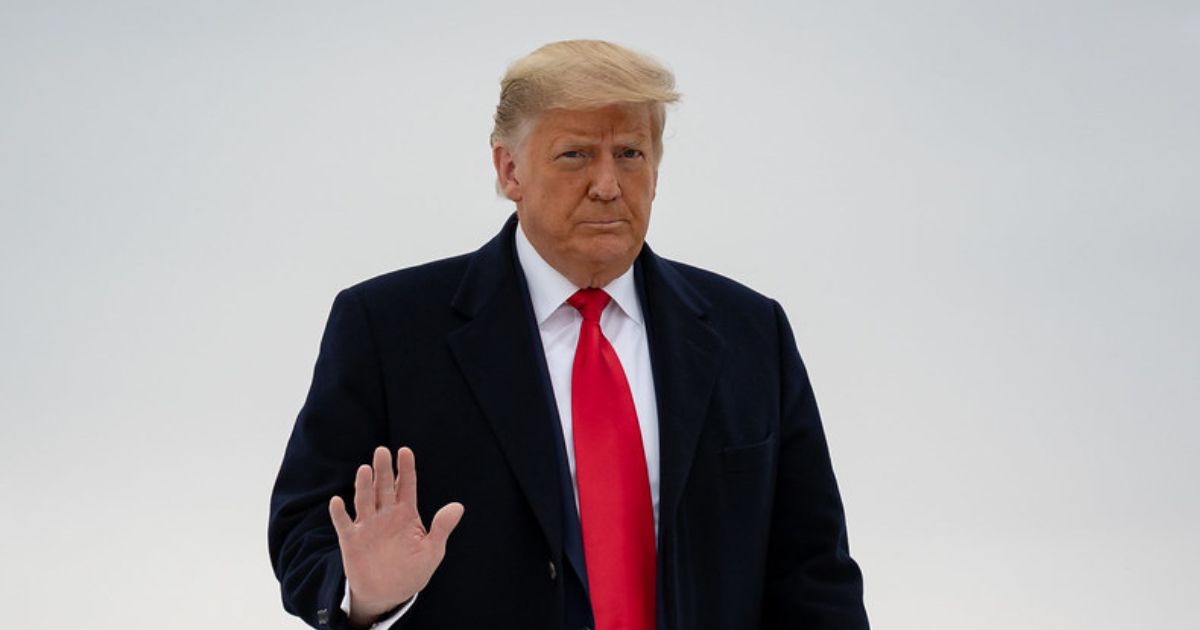Since the foundation of WHO in 1948, the United States has been an active part of the organization. The two parties’ partnership has helped battle many dangerous diseases like smallpox and polio in other member countries. Just in September, Rwanda announced a Marburg outbreak, a deadly infectious disease that has an 88% fatality rate. However, the Rwandan Ministry of Health was able to control the outbreak with funding provided by global partners, including the U.S. Agency for International Development (USAID).
After Trump signaled that he could be withdrawing from WHO, concerns began rising. During the signing of the executive order, he stated that the World Health Organization asked for “unfairly onerous payments” from the United States. His administration pointed out that the demand was not equal with the other countries like China, which are participating in the organization. Although it is unclear whether the president will ultimately follow up on his promise with WHO, fears continue to grow.
Experts think this decision can potentially cost America a lot, especially when it comes to combating diseases and building global influence.
The world continues to suffer many dangerous outbreaks. Just the day of Trump’s inauguration, another deadly Marburg pandemic was announced in Tanzania. It was reported that the virus killed at least eight people. On the other hand, Uganda continues to battle with Ebola. Many African countries are struggling to contain diseases like Mpox and H5N1, mostly known as bird flu, which has affected many regions across the globe.
While the U.S. has the ability to respond to these deadly virus threats, Donald Trump‘s withdrawal from WHO can harm that potential. Dr. Syra Madad, an infectious disease epidemiologist at NYC Health and Hospitals, commented, “It’s just a sucker punch in your gut. These threats are not going away — in fact, it’s the opposite. They are increasing.”
As a physician, I’m deeply troubled by Trump’s withdrawal from the @WHO. Removing US participation undermines pandemic preparedness, weakens disease prevention efforts, and leaves us all more vulnerable. This is an unnecessary threat to the health of American families.…
— Kelly Morrison (@KellyMorrisonMN) January 26, 2025
Meanwhile, as the largest donor of the global health agency, the United States enjoys an access to various global surveillance pool which detects infectious disease threats that could potentially affect the nation. In addition, the system allows U.S. to exchange international data, share vaccine stockpiles, and even dispatch public health workers to infected countries and help with many surveillance efforts.
Experts think that in exchange for leaving WHO, the United States will lose these crucial network chains and expose the country to many threats. Dr. Jennifer Nuzzo, an epidemiologist and director of the Pandemic Center at Brown University School of Public Health, added the information freeze while talking about this.
Aside from withdrawal from WHO, the Trump administration also froze all public health-related communication from agencies like CDC or Centers for Disease Control and Prevention. Within just a few days, there has been several major changes including a temporary blockage of research funding through the NIH, abrupt canceletion of scientific meetings, and even important public data being withheld.
Trump’s withdrawal from the World Health Organization means American families are more likely to get sick from infections abroad and diseases like polio and measles are more likely to return.
WHO withdrawal is a grave mistake that will result in more graves.…
— Lloyd Doggett (@RepLloydDoggett) January 28, 2025
Nuzz commented, “The information freeze has been incredibly debilitating. Even if we were allowed to pick up the phone and call people, not being able to work collaboratively means that outbreaks don’t get controlled — and when outbreaks don’t get controlled, they can spill across borders and become epidemics and pandemics.”
This decision can also lead the United States to lose some of its current global influence. “They’re not looking at the damage this is going to cause the United States’ credibility,” said Syra Madad. It can destroy the trust the U.S. has built up so far with decades of global partnerships and will lead the next administration to undermine the nation’s leadership in public health.
“The U.S. is not going to be at the table for many of these global health decisions, so it’s going to really reduce global influence around the world,” Madad added. She also noted that using the United States’ absence regions like China and the E.U. will fill up the empty spaces.
WHO emphasized that they are willing to “engage in constructive dialogue” with the United States in order to continue the partnership. The agency stated that they hope that Trump administration “will reconsider” for the benefit of millions of people’s health.









